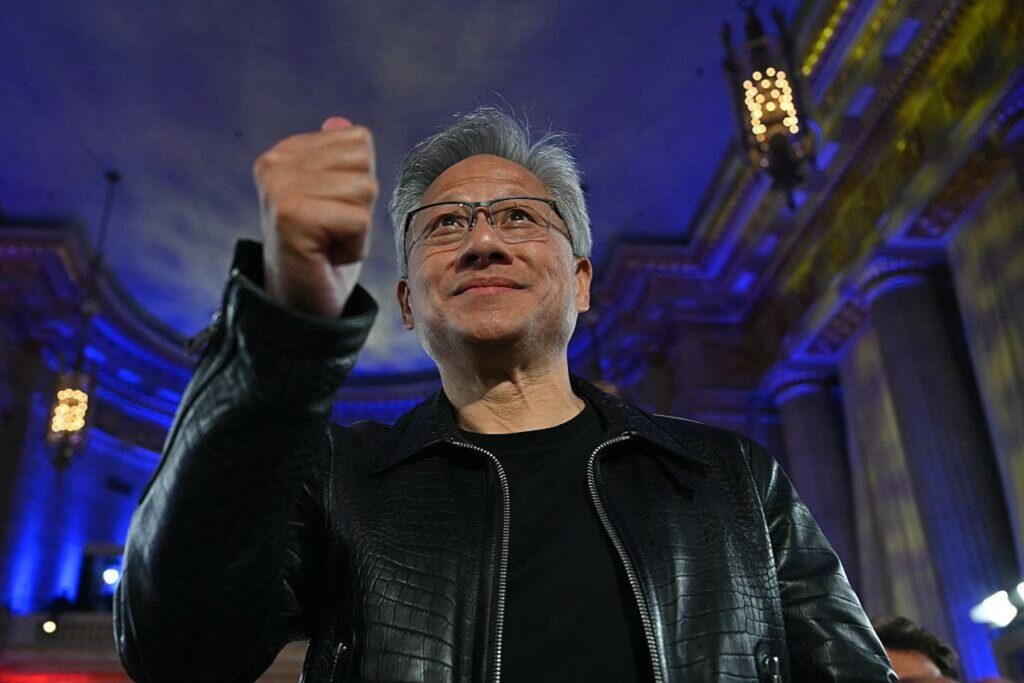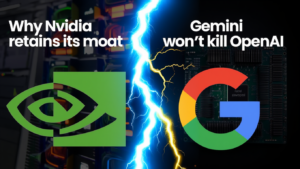
UPDATE: Nvidia has just announced a groundbreaking $5 billion investment in Intel, marking a pivotal moment in the AI industry. This partnership aims to develop chips based on Intel’s widely-used x86 microprocessor standard, a strategic move to enhance Nvidia’s foothold in enterprise AI and next-generation laptops.
This deal comes as Intel faces ongoing challenges in the competitive chip market. Nvidia CEO Jensen Huang stated during a conference call that the collaboration will target an annual opportunity worth between $25 billion and $50 billion. The announcement has already sparked a surge in Intel’s stock, which jumped 23% during Thursday afternoon trading, following a 24% increase earlier this year.
Huang emphasized Nvidia’s commitment to becoming a “major customer” for Intel’s Xeon server CPUs. This partnership is expected to integrate Nvidia’s technology into Intel’s offerings, creating innovative solutions for enterprises that rely on x86 systems. Huang noted, “With Intel x86 CPU, we can integrate directly into our NVLink ecosystem and create rack-scale AI supercomputers.”
As AI continues to revolutionize industries, this collaboration could redefine the landscape of corporate data centers. The integration of Nvidia’s GPUs and Intel’s CPUs aims to produce a new class of laptops that could transform the market, targeting the 150 million laptops sold annually.
Intel’s new CEO, Lip-Bu Tan, expressed enthusiasm about the partnership, stating, “This is a historical collaboration between the two companies.” Tan, who took over leadership in March, is focused on revitalizing Intel’s market position. He has pledged to restore the company to its roots as a fast-moving tech innovator.
Nvidia’s investment comes at a time when Intel has struggled against competitors, losing ground to AMD in the x86 CPU market. With Nvidia’s success in cloud AI data centers, this partnership could bridge the gap, enabling Nvidia to penetrate the enterprise space more effectively.
Huang also addressed concerns about Nvidia’s previous reliance on ARM technology, highlighting that the collaboration with Intel is a strategic pivot towards leveraging established x86 systems. This shift comes amid speculation about ARM’s intentions to develop competing AI chips.
As the demand for integrated solutions in laptops grows, Nvidia and Intel are poised to create custom chips that merge CPU and GPU capabilities, potentially reshaping the gaming and workstation markets.
Looking ahead, industry experts will be watching closely as this partnership unfolds. The implications for AI technologies across various sectors could be significant, making this collaboration one of the most anticipated developments in tech.
For more updates on this developing story, follow us. This partnership between two tech giants signals a new chapter in AI and computing, ensuring that the market landscape will continue to evolve rapidly.






